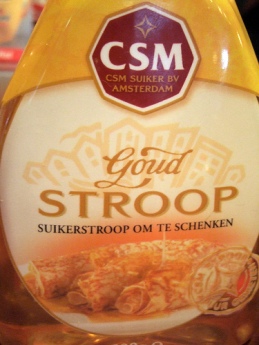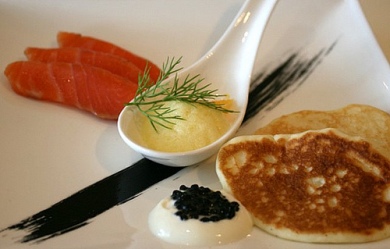This Tuesday is called many names around the world but in the UK it’s Pancake Day. The Brits will be feasting on pancakes this week but they are quite unlike what Americans would call a pancake. The three key ingredients are all-purpose flour, milk and eggs, they are whisked together to create quite a runny batter, a small amount is poured into the pan to form a thin layer, before being flipped over. Then they are traditionally served with a smattering of sugar and sprinkling of lemon juice.
This all began as Christians wouldn’t eat many foods during the forty days of Lent, which was after Shrove Tuesday on Ash Wednesday, and so would eat any products such as milk and eggs that wouldn’t keep for that long. British pancakes are very similar to French crêpes or Italian crespelle. But there are many other different types of pancakes across the world, for example-

Holland
The Dutch eat pannenkoeken which are large 12 inch thin pancakes that are made with the ready cooked ingredients inside the batter. Popular choices are bacon served with a thick molasses type of syrup called stroop and they also fill them with chopped cooked apples.
Hungary
Palacsinta are again thin pancakes and are found in many different forms in Hungary. The chocolate version involves arranging a stack of pancakes that have been sprinkled with grated chocolate before being baked in the oven and then served in slices. Many places spread them with apricot jam before rolling them. Other fillings range from sugared cottage cheese to ground walnuts and rum and raisin.

Malaysia/Singapore
Roti Prata are made in this area and are best described as a pancake bread. They are usually topped with curry or sugar and condensed milk.
Eastern Europe
Across Russia, Poland and Ukraine fluffy yeast pancakes called blintz or blinis are made using buckwheat flour. The traditional accompaniments are smoked salmon, crème fraiche and caviar.
And for those who are particularly partial to a few ‘proper’ American pancakes, the first commercial-grade fully automatic pancake machine has now arrived. It can produce 200 pancakes per hour in 3 different sizes and due to the machines patented cooking technology the pancakes are 97% fat free. Over 20 million pancakes are estimated to be eaten across the world on any one day but if you want to tap into this market with a new automatic pancake making machine it will cost you a mighty $3500.
Photos courtesy of flickr - veganjojo, Camemberu, the_cha and inter-